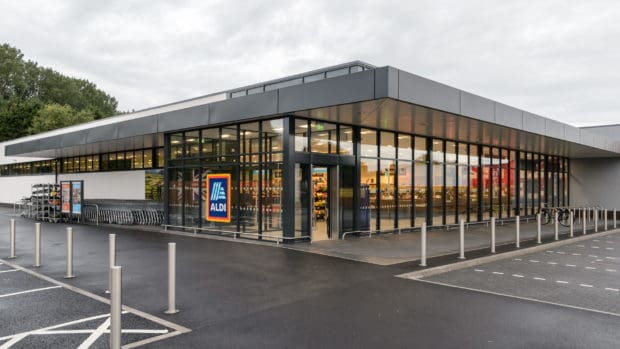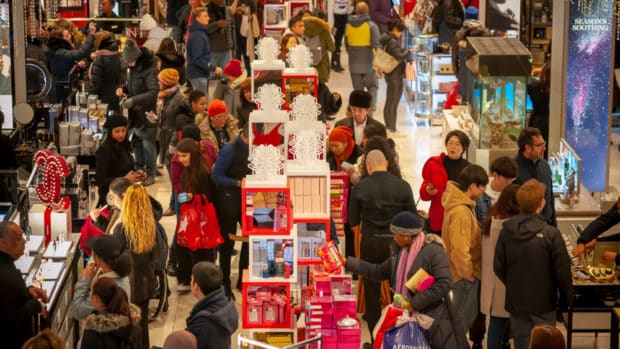Across the UK shoppers are expected to spend an estimated £6 billion on Black Friday this year, according to annual research from shopping comparison site, finder.com.
This is an increase of £400 million on 2019’s estimated figure of £5.6 billion, meaning that the average spend this year has also risen by £45 (18 per cent) to £296 from last year’s £251. In 2018 the figure was £235.
Despite the amount being spent increasing, the number of those who plan to partake in the sales is decreasing. Last year, 22.1 million (42 per cent) said they planned to buy something on Black Friday, whereas 20.3 million (39 per cent) expect to do so in 2020. This 8 per cent decrease is likely a result of the financial hardships many have suffered due to the coronavirus pandemic.
However, 16.3 million (31 per cent) are still undecided about their participation meaning the overall figure of sale participants could increase to 36.6 million.
Who is going to be spending the most?
On average men are expecting to fork out £106 (44 per cent) more than women, with their average spend being £349 compared to £243 for women.
When it comes to generational differences, millennials plan to spend the most with an average spend of £372, while gen Z will spend the least as they plan to part with just £130 on Black Friday. Despite this, gen Z plan to make the most of the yearly sales, with 59 per cent intending to shop on Black Friday, which is a higher percentage of participants than any other generation.
Londoners intend to spend the most, with the average spend being £126 above the national average of £296 (they will spend £422), while those in Yorkshire and the Humber plan to spend the least (£249).
Commenting on the findings, Georgia-Rose Johnson, shopping expert at finder said:
“With the pandemic and lockdown causing such disruption to people’s lives and careers, you might expect people to shut their wallets this Black Friday weekend and for overall spend to fall. While this does appear to be the case in the sense that the number of people participating is predicted to decrease, overall spend is actually set to be higher.
“This means those taking part will be spending significantly more than last year and is perhaps an example of how Britain is becoming financially divided. Many have experienced great financial difficulty this year, but some people are actually better off as a result of not having to commute and a lower spend on socialising. For these people, the weekend of sales could be an opportunity for some retail therapy.”








Share